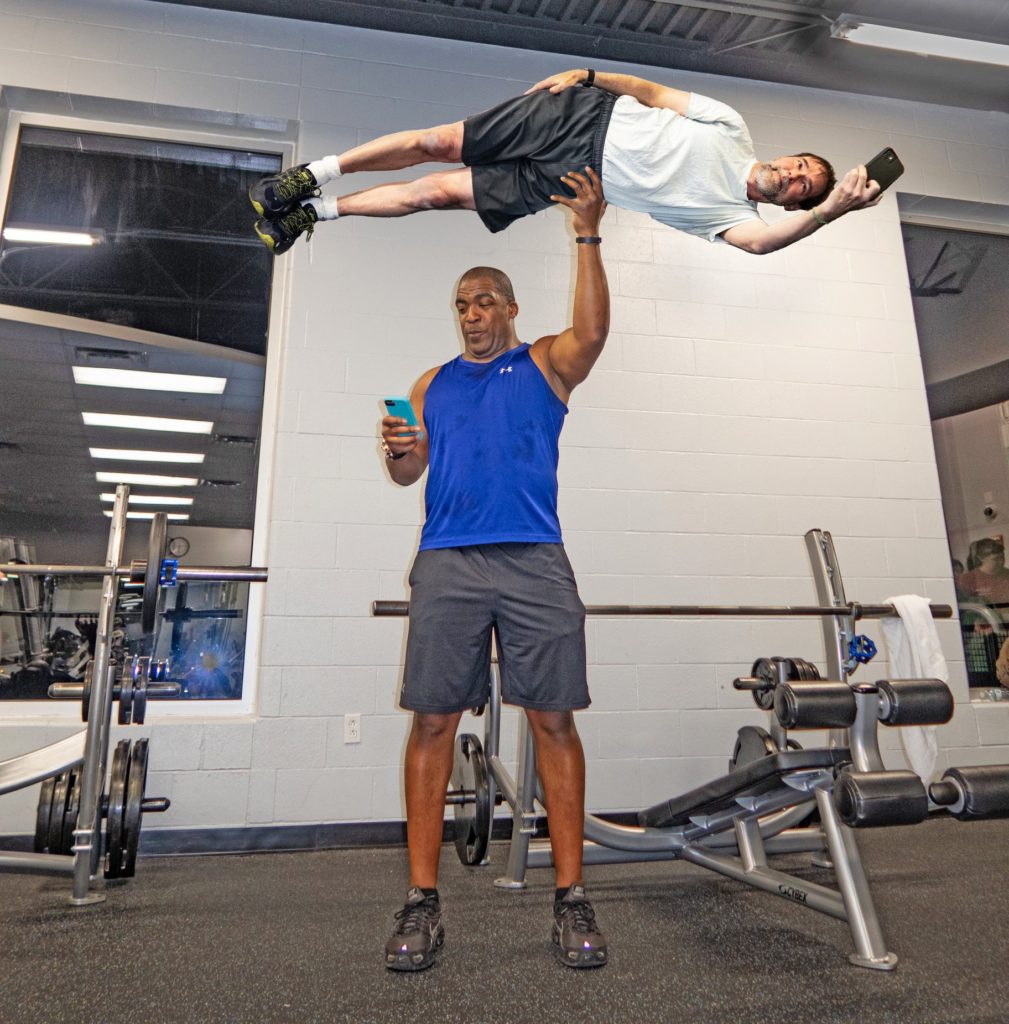Donald Hoffman’s version of the Matrix: Things might be Extremely Different than they Seem
I enthusiastically recommend this podcast featuring Donald Hoffman. Sam Harris and (his wife) Annaka sound, in equal parts, skeptical and intrigued, which makes for some deeply engaging conversation. Hoffman's thesis might challenge almost everything you think. Hoffman argues that evolution has not honed us to have veridical perception (seeing things as they really are). Rather, natural selection has privileged evolutionary fitness to prevail over veridicality. This topic dovetails nicely with Andy Clark's theory of predictive processing, in which Andy portrays perception as a "controlled hallucination."
The first hour is free for non-subscribers. Here's the promo for the podcast:
In this episode of the Making Sense podcast Sam and Annaka Harris speak with Donald Hoffman about his book The Case Against Reality. They discuss how evolution has failed to select for true perceptions of the world, his “interface theory” of perception, the primacy of math and logic, how space and time cannot be fundamental, the threat of epistemological skepticism, causality as a useful fiction, the hard problem of consciousness, agency, free will, panpsychism, a mathematics of conscious agents, philosophical idealism, death, psychedelics, the relationship between consciousness and mathematics, and many other topics.
Donald Hoffman is a professor of cognitive science at the University of California, Irvine. He is the author of more than 90 scientific papers and his writing has appeared in Scientific American, Edge.org, The Atlantic, WIRED, and Quanta. In 2015, he gave a mind-bending TED Talk titled, “Do we see reality as it is?”
This teaser for this podcast is not mere hype.
An obvious example for illustrating Hoffman's thesis is color. We don't perceive wavelengths, much less the quantum physics even deeper down. To perceive these things would be too expensive (in terms of bandwidth) for rough and ready biological processors like human brains and bodies, and we don't need to fully understand the physics of the process in order to make use of color (or sounds or pain or shapes). For most of us, most of the time, we are trapped in the Matrix.
It is critical to note that there is NO COLOR in the objects "out there." Wavelengths of light are not colored. Color is something that is created only by the interaction between whatever is out there and our ability to engage with the world because it increases biological fitness. Here's the kicker . . . for Hoffman, everything is like color. We don't need to understand the electronics and physics of the "objects" on our computer desktops in order to make excellent use off them. Similarly, we often make excellent use of the things that we seem to encounter in the world, but it is entirely consistent with this observation that we don't deeply understand these things or we barely understand them. A similar concern provoked Immanual Kant to divide the world into phenomena (how things appear to us) and noumena (things as they are in themselves).
The bottom line is that things might be incredibly useful to us as creatures trying to survive day-to-day, even when our understanding of these things is extremely lacking or even false. Useful trumps veridically-true to those of us who are often merely trying to survive to the next day. We human animals are happy to satisfice, even though we often conflate our hacked-up understandings of things with veridical truth.
In Paragraph 121 of The Gay Science, Nietzsche also pointed out that things that are untrue can often be useful:
Life is not an argument. We have arranged for ourselves a world in which we are able to live--by positing bodies, lines, planes, causes and effects, motion and rest, form and content; without these articles of faith no one could endure living! But that does not prove them. Life is not an argument; the conditions of life might include error




